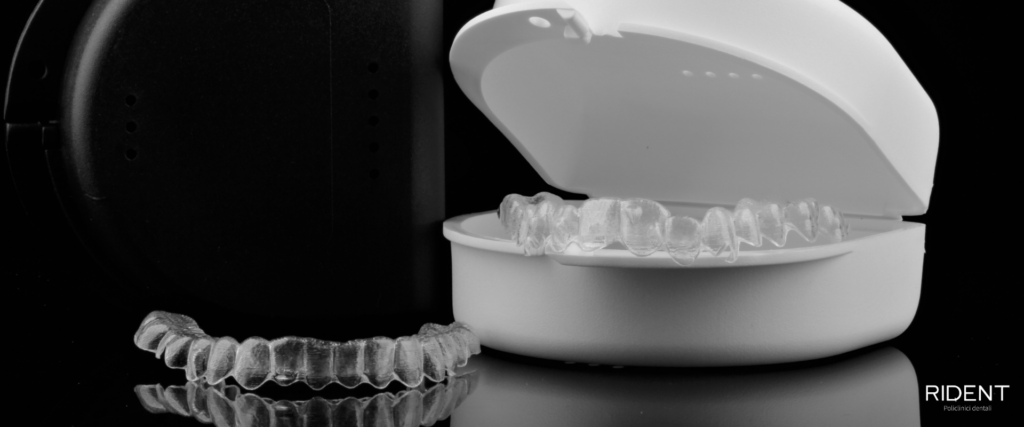16.04.2021
Stress is one of the leading problems of today. More than 80% of modern society has at least one indicator of stress. Increasing health concerns, economic uncertainty, job struggles, depression, are just some of the causes of stress. We know that stress negatively affects our mental health, but stress also damages our teeth and gums.
The effects of stress on oral health include:
Unpleasant sores in the mouth are mainly the result of a weakened immune system, vitamin B deficiency and high levels of stress. They most often appear on the moving parts of the oral mucosa (tongue, cheek mucosa, lip mucosa), are very painful and cause difficulty in eating, swallowing and even speech. Sores usually go away on their own, after 10 to 14 days.
In many people, stress can also manifest in a dry mouth or reduced saliva production. As saliva is the first line of defense against microorganisms, it consequently leads to the increased development of caries, but also periodontal diseases. Another unpleasant consequence of dry mouth is bad breath. Bacteria in the oral cavity produce unpleasant-smelling acids, and when there is no saliva to wash them away, those smells are more intense.

Gnashing of teeth or bruxism, which is most often an unconscious action that occurs at night, under the influence of stress can worsen and eventually cause problems with the jaw joints, headaches and shortening of the tooth surfaces that we bite. The front teeth become “worn out”. The solution for bruxism is a relaxation splint that will save the teeth from wear and tear and the periodontal ligament from overload. It is made and individually adjusted to the patient in a way that relaxes the masticatory muscles and jaw joints.
Stress and a hectic lifestyle often affect our diet and oral hygiene habits. Under stress, we are often more prone to consuming unhealthy foods and drinking carbonated juices, which in combination with neglecting daily oral hygiene can lead to caries and gum disease.
Due to all of the above, it is necessary to reduce stressful situations as much as possible. Dedicate yourself to healthy habits, engage in physical activity, spend time with family and friends. If you notice that stress is affecting your teeth, contact your dentist as soon as possible!